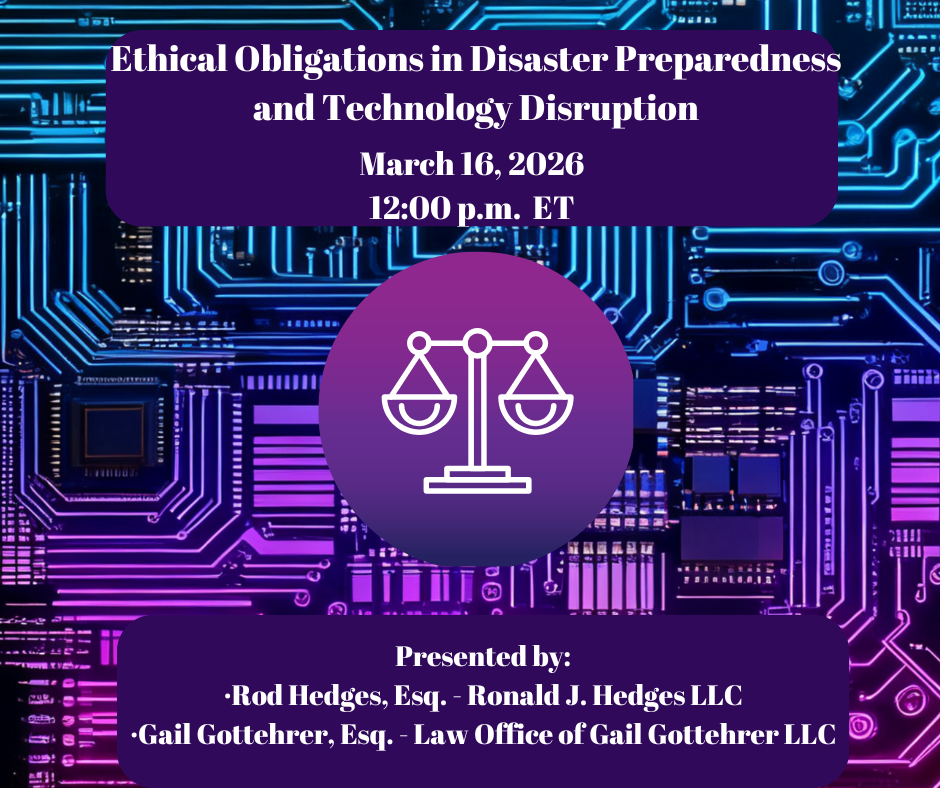
Exciting new series on “Voice, Body and Movement for Lawyers – How to connect with the jury and find Justice Through Dramatic Technique!”
Click here to find out more
As any of the recent legal news stories about artificial intelligence clarify, the legal world becomes is highly reliant on technology. Changes have been coming for decades: computers have replaced typewriters; electronic filing has replaced hand delivery; and trial presentation software has replaced exhibit binders. Yet, for many lawyers, their writing and editing skills remain in the dark ages. Utilizing technology can improve your legal writing, even if you’re not ready to adopt cutting edge tools.
This presentation introduces you to one easy-to-use tool included in Microsoft Word itself that will help improve your legal writing and editing.

In high-stakes, high-pressure environments like the legal field, even the most accomplished professi...

Explore the transformative potential of generative AI in modern litigation. “Generative AI for...

Attorneys will receive a comparative analysis of GAAP and IFRS with emphasis on cross-border legal c...

Attorneys are judged every time they speak—in client meetings, depositions, hearings, negotiat...

Many lawyers may not fully understand the Bar rules and ethical considerations regarding client repr...

This program focuses on overcoming the inner critic—the perfectionist, self?doubting voice tha...

Disasters, whether natural or manmade, happen. Disasters can impact the practice of law and, among o...

Boundaries and Burnout: The Hidden Crisis in Law is a 60-minute California MCLE Competence Credit pr...

This dynamic and compelling presentation explores how chronic stress, sleep deprivation, and substan...

This session highlights the legal and compliance implications of divergences between GAAP and IFRS. ...